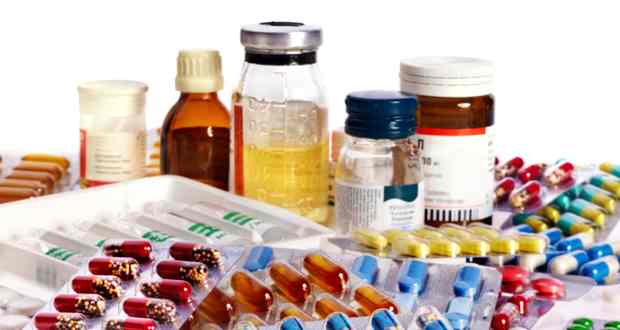According to a recent government-ordered survey, the prices of more than one hundred commonly used medicines in Pakistan rose by an average of 32 percent over a span of eight months following the deregulation of drug pricing in February 2024. Under the new framework, pharmaceutical companies were permitted to set their own prices, resulting in sharp increases across the board.
Under the previous pricing mechanism companies could increase costs by a maximum of 7 percent per year in line with inflation. By contrast the new arrangement unleashed much steeper rises. Although industry representatives dispute the figure claiming an average increase closer to 15 percent and citing a 12 percent growth excluding new product launches the sharp uptick has drawn serious scrutiny.
The effects for households are significant. Many patients struggling with chronic illnesses now face elevated costs for routine medicines such as painkillers, antibiotics and long-term treatments. Some provincial health departments report disruptions in supply as distributors await further price adjustments.
Government officials state that the review is still ongoing. They say about half of the deregulated medicines have been assessed and additional data is being gathered to evaluate whether the deregulation improved access or simply drove up costs. While the deregulation was intended to spur investment in local manufacturing and reduce dependence on imports, concerns now centre on whether the benefits outweigh the public burden.
Policy options under consideration include tiered pricing systems, stronger oversight of pharmaceutical pricing practices and partial regulatory caps for essential medicines. The underlying challenge is ensuring that medicine affordability is not sacrificed in the name of market liberalisation.
As the country grapples with this issue, the critical task ahead is balancing the interests of industry with the health needs of citizens. Without timely corrective action some of the most vulnerable patients may find it increasingly difficult to access safe and affordable medications.



Comments (0)
No comments yet. Be the first to comment!
Leave a Comment